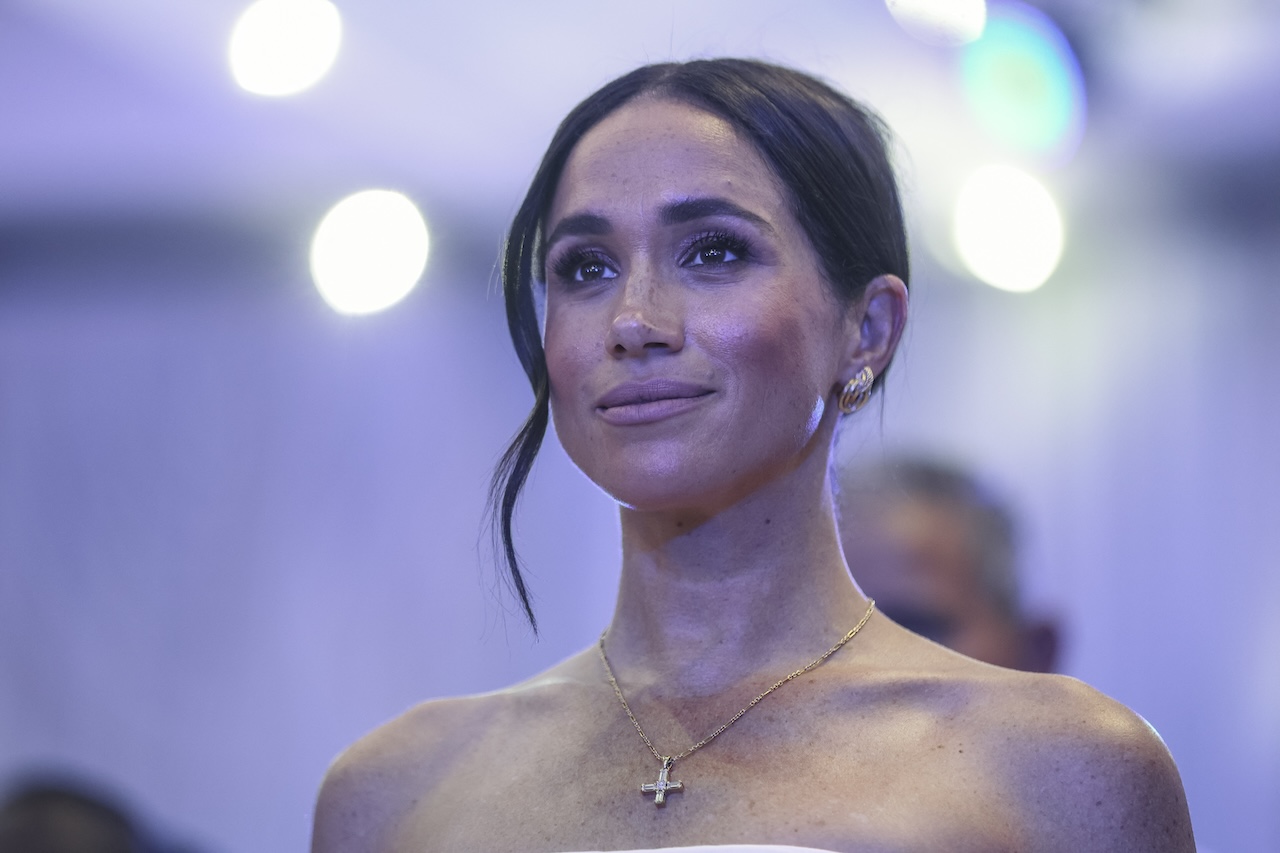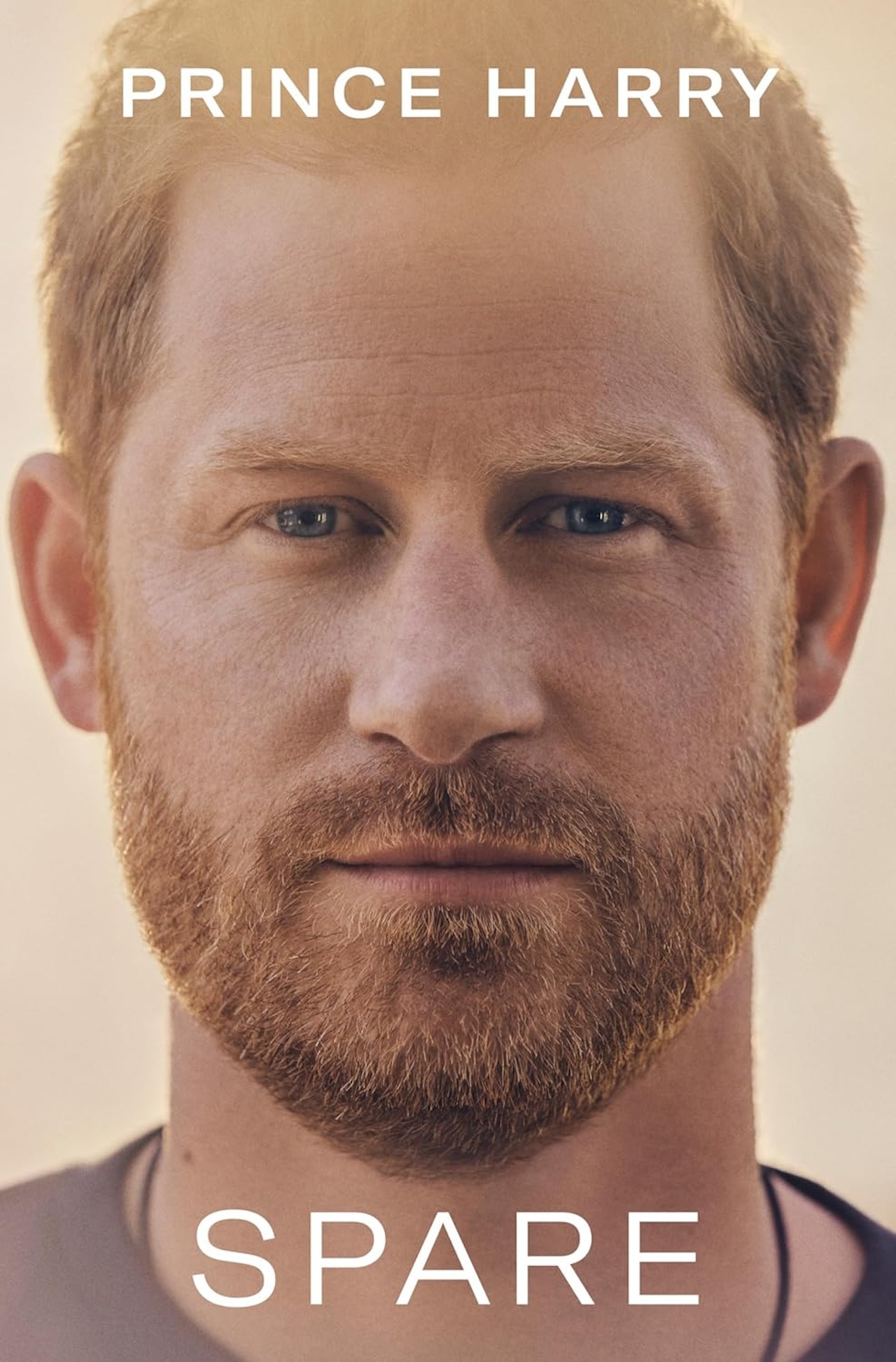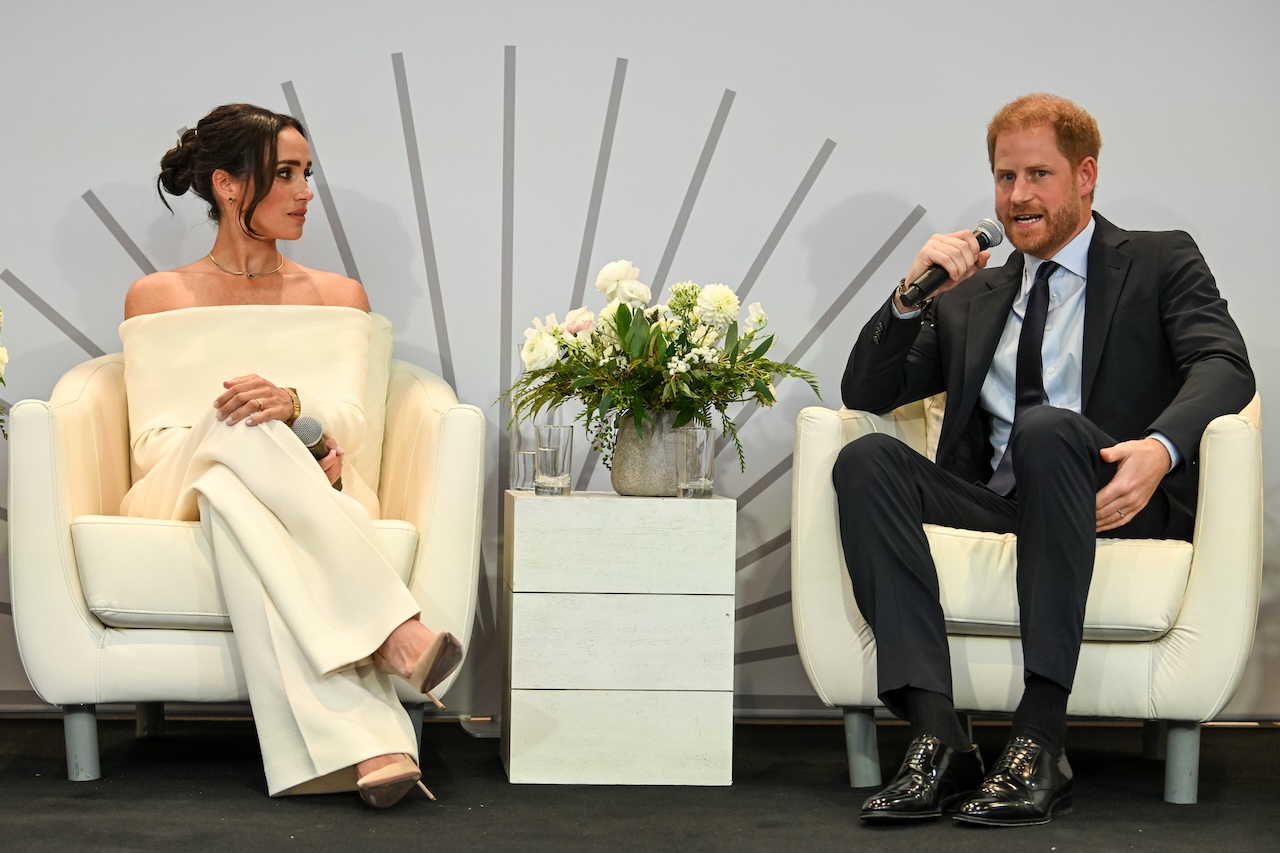

When Prince Harry’s memoir Spare hit bookshelves in January 2023, it wasn’t just a royal tell-all — it was a cultural earthquake. The highly anticipated release promised raw truths about life inside the palace, and it delivered. From sibling tensions with Prince William to emotionally charged moments involving Meghan Markle and the media, Spare sent shockwaves through both Buckingham Palace and global headlines. But while Harry’s voice took center stage, public opinion quickly shifted toward reassessing the woman so often at the center of controversy: Meghan Markle.
More than two years later, we’re examining the evolving public perception of Meghan Markle and how the Duchess of Sussex’s image has been shaped, celebrated, and scrutinized in a post-Spare world.

A Wave of Sympathy and Support
Initially, Spare painted Markle in a sympathetic light. Many readers were struck by her vulnerability and resilience, especially in light of the infamous pre-wedding drama involving Princess Kate and revelations of institutional indifference toward her mental health struggles. For a time, Markle was seen as a figure of strength navigating a deeply traditional institution unwilling to adapt.
The memoir sold over 3.2 million copies globally in its first week, becoming the fastest-selling non-fiction book of all time. This early momentum helped amplify support for the Sussexes’ departure from royal duties and their pursuit of independence in the United States.

The Criticism: Oversharing and Brand Building?
But the honeymoon didn’t last. As the months unfolded, public sentiment became more divided. Critics and media pundits began questioning whether the couple’s continued public disclosures — including Harry’s media tour, their Harry & Meghan Netflix docuseries, and Markle’s Archetypes podcast — were in conflict with their stated desire for privacy.
Social media sentiment and YouGov polls in both the UK and the U.S. showed dips in Markle’s popularity, particularly among older demographics. Some viewed her as authentic and misunderstood; others saw her as overly polished and opportunistic. A recurring critique? That the Sussexes were “profiting from pain” — turning their royal experiences into brand capital.
Media Moves: A Double-Edged Sword
Markle’s ventures into media — through podcasts, documentaries, and rumored new deals — have positioned her as a public-facing advocate for women, equality, and mental health. But walking that tightrope hasn’t been easy. Every project invites a wave of praise — and an equal wave of press dissection.
Her Spotify podcast Archetypes was widely celebrated for its feminist conversations and thoughtful interviews, but was also met with critiques over production delays and vague metrics. Their multi-million-dollar Netflix deal, meanwhile, sparked headlines about pressure to deliver.

The Current Landscape: Polarizing, Yet Powerful
Today, Meghan Markle remains a deeply polarizing public figure — but also one with undeniable cultural power. For many women, she represents a modern feminist navigating outdated institutions. For others, she’s become a symbol of overexposure and media manipulation. The truth, as always, lies somewhere in between.
What’s clear is that Spare was a turning point. It opened the door for more nuanced public conversations — not just about Markle, but about the monarchy, the media, and the mental toll of life in the public eye. Whether her narrative resonates or raises eyebrows, Markle has ensured one thing: she’s impossible to ignore.
Conclusion: Navigating Public Perception in a Post-Royal Era
In the wake of Spare, Meghan Markle’s image has become more complex, not less. She’s no longer simply cast as a villain or victim, but as a woman navigating unimaginable scrutiny, public reinvention, and the often unfair expectations of royal and celebrity life. Her journey reflects a broader cultural tension: how much of ourselves are we allowed to reveal before it becomes “too much”?
Whether you see her as misunderstood or masterful, Markle has redefined what it means to walk away from the crown — and own the narrative.













